'We will get out of hell,' Aoun says after new Lebanese government formed
Lebanese President Michel Aoun has hailed the formation of a full-fledged government after 13 months of political gridlock, stating that his cash-strapped and crisis-ridden Arab country would “climb out of the abyss.”
“We will get out of hell and we will rise up from the abyss that we are in,” Aoun told a group of local reporters after he signed a decree with Prime Minister Najib Mikati appointing a 24-member cabinet charged with halting Lebanon's economic meltdown.
He said the first task of the new Lebanese government was to address shortages of essential goods, particularly bread, fuel and medicines, blaming “siege and sanctions” for the crisis.
Aoun also said he did not acquire veto power in the new cabinet lineup, dismissing claims he had made such a demand as part of “a political war” against him.
Meanwhile, United Nations Secretary-General Antonio Guterres lauded the new government as a “very important step” for Lebanon, wishing Mikati “the best success.”
“Of course it is not enough, there are many other things to be solved, but this was the basic condition for anything else to be possible,” Guterres said.
“I wish that he (Mikati) is able to bring together the different Lebanese communities and the different Lebanese political forces in order to make sure that Lebanon is able to overcome the dramatic situation it faces now,” the UN chief told a press conference.
Former Lebanese Prime Minister Saad Hariri also announced his support for Mikati in “his vital mission to stop the collapse and launch reforms.”
“Finally, our country has a government after months of void,” Hariri wrote in a post published on his Twitter page.
French President Emmanuel Macron, who is known for his controversial uninvited visits to Lebanon and making the most meddlesome statements about the country, said it was vital that Lebanon's politicians stuck to engagements necessary to undertake key reforms.
The European Union’s foreign policy chief Josep Borrell also called upon Lebanon’s new government to “implement long overdue reforms.”
Lebanon has been mired since late 2019 in a deep economic and financial crisis, exacerbated by a political deadlock.
The economic and financial crisis is the gravest threat to the country’s stability since the 15-year civil war ended in 1990.
Lebanese officials have admitted that major economic restructuring would be necessary to make the country’s economy viable again, however, previous prime ministers have described them as “painful”.
Observers say the US and the Europeans primarily have their own interests at heart through their reform demands at the expense of Lebanon's unity which is a highly sensitive issue because of its sectarian make-up.
The crisis is mostly linked to the sanctions that the United States and its allies have imposed on Lebanon as well as foreign intervention in the Arab nation’s domestic affairs.
According to Hicham Safieddine, a lecturer on the history of the modern Middle East at King’s College London, US sanctions involving Lebanon “have seriously undermined the stability of the banking sector by creating a chilling effect, and reduced the inflow of foreign capital."
Compounding the woes, Saudi Arabia has imposed its own sanctions, including banning its citizens from traveling to Lebanon where Riyadh-backed elements have been jockeying for position.
Last April, Saudi Arabia announced the suspension of fruit and vegetable imports from Lebanon, claiming shipments were being used for drug smuggling.
Nasser Qandil, editor-in-chief of Lebanon's al-Binaa newspaper, told Press TV at the time that the actual reason behind the prohibition was “political motivation,” saying if Riyadh actually wanted to fight drug trafficking it could easily act through its ambassador in Beirut and contact the relevant Lebanese officials.

Two Israeli spying devices found, neutralized in southern Lebanon
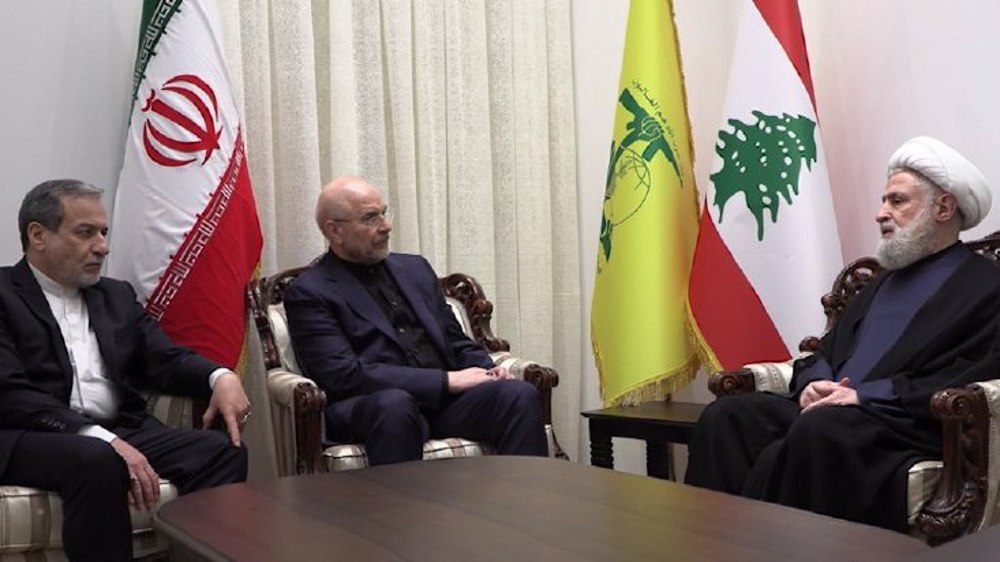
Iran’s parliament speaker, foreign minister meet Hezbollah chief in Beirut
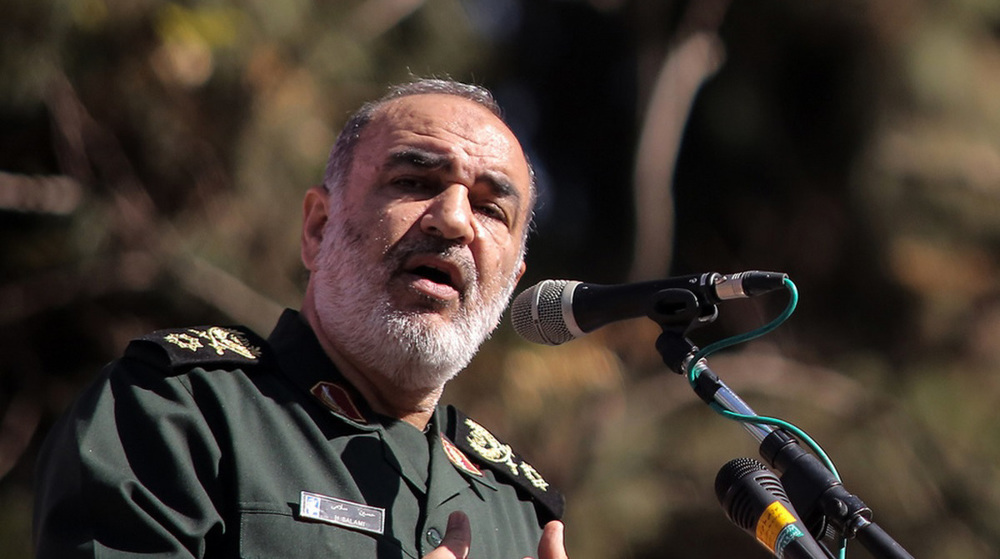
Flying warplanes over Beirut funeral exposed enemy’s fear of power, unity of nations: IRGC
Iranian flotilla makes port call in India with 'friendship message'
How UK counter-terror police colluded with Zionists to detain me after Beirut trip
Biden, Blinken, Austin referred to ICC over Gaza war crimes
EU will 'do the same' if US implements tariff hikes: France
VIDEO | Press TV's news headlines
British celebrities condemn BBC removal of Gaza documentary
Iran Army acquires tactical vehicles, audio surveillance systems
VIDEO | UK police detain anti-Zionist scholar upon return from Lebanon


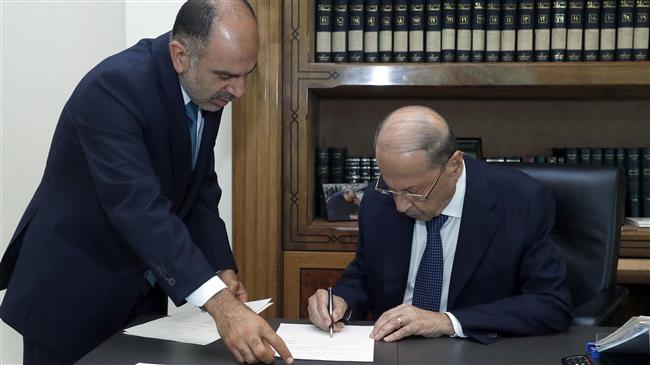
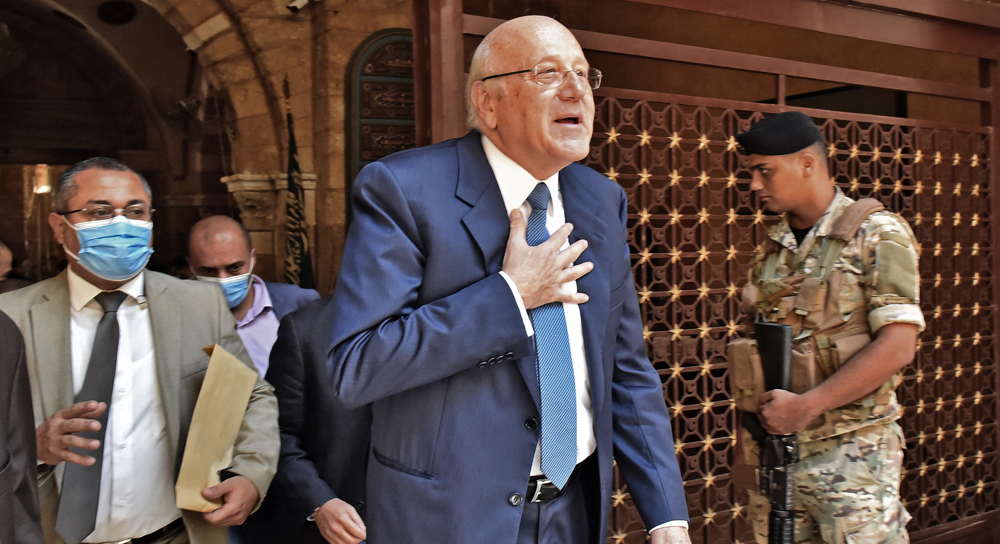
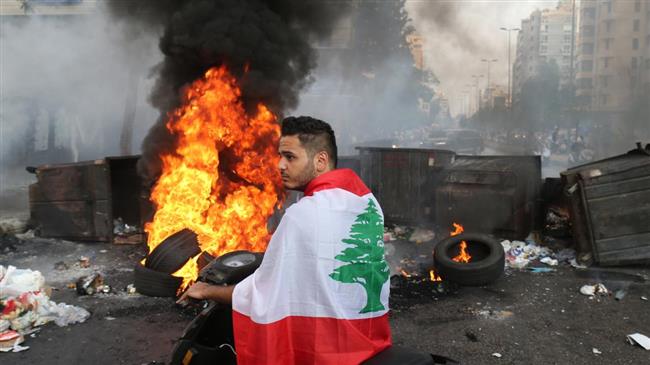
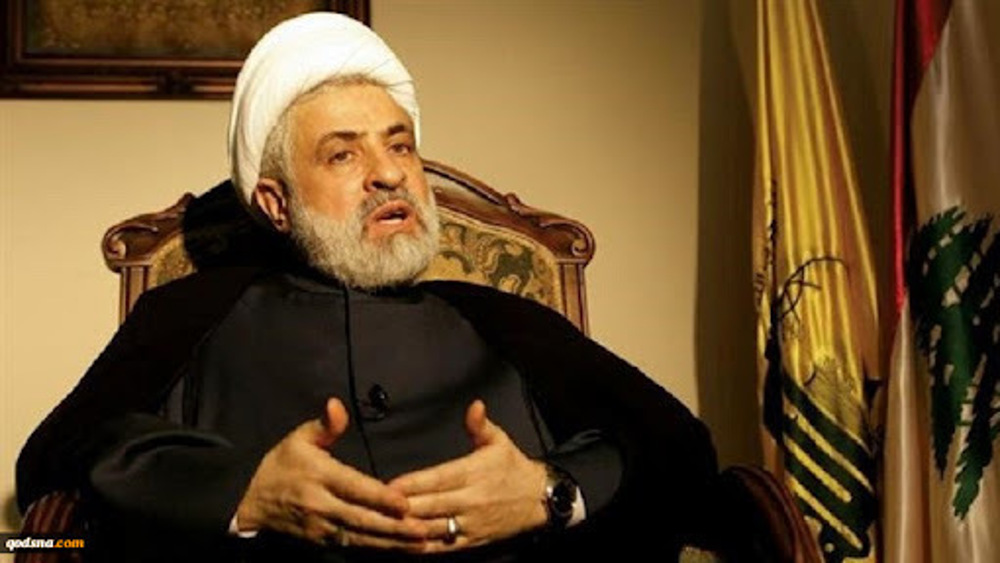



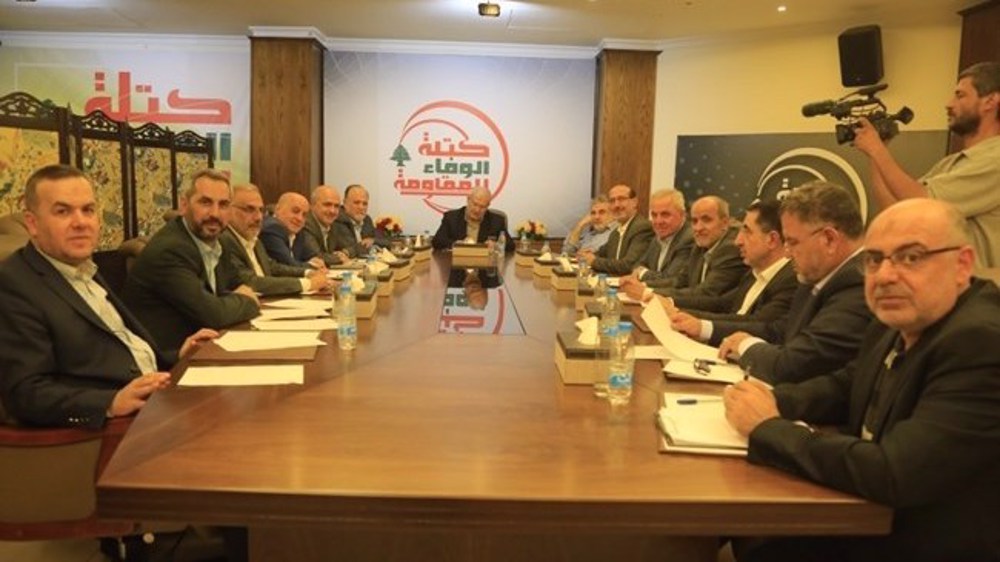
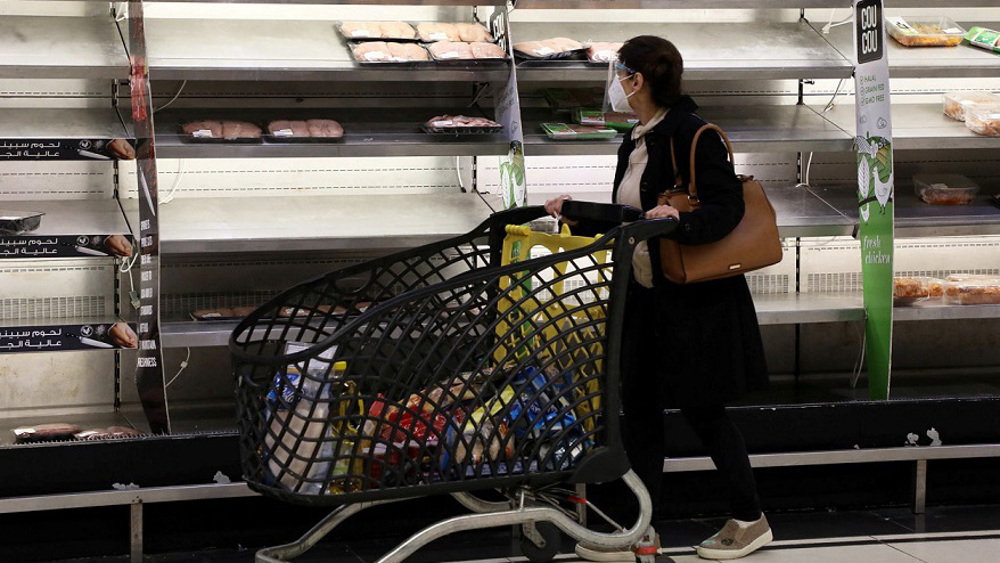
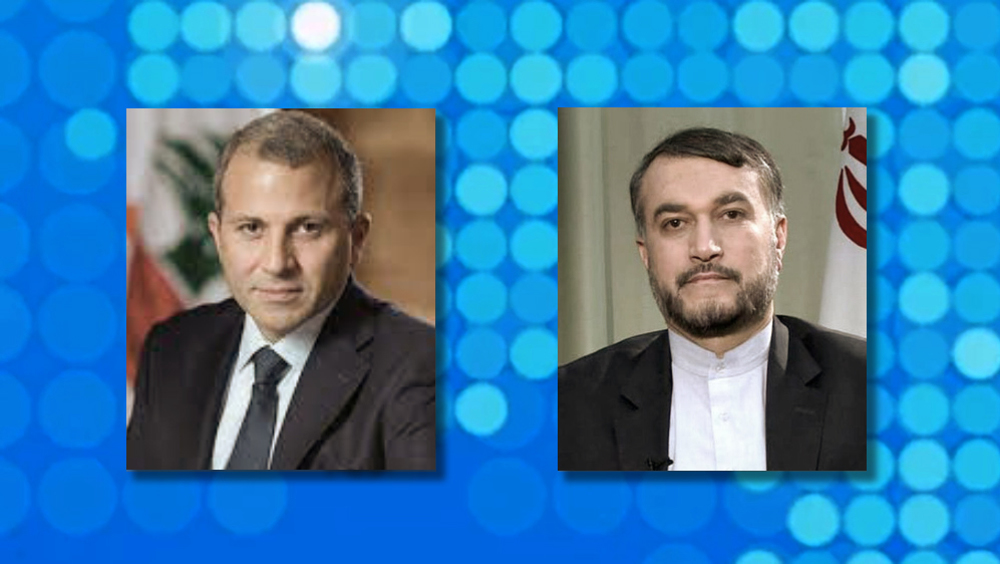
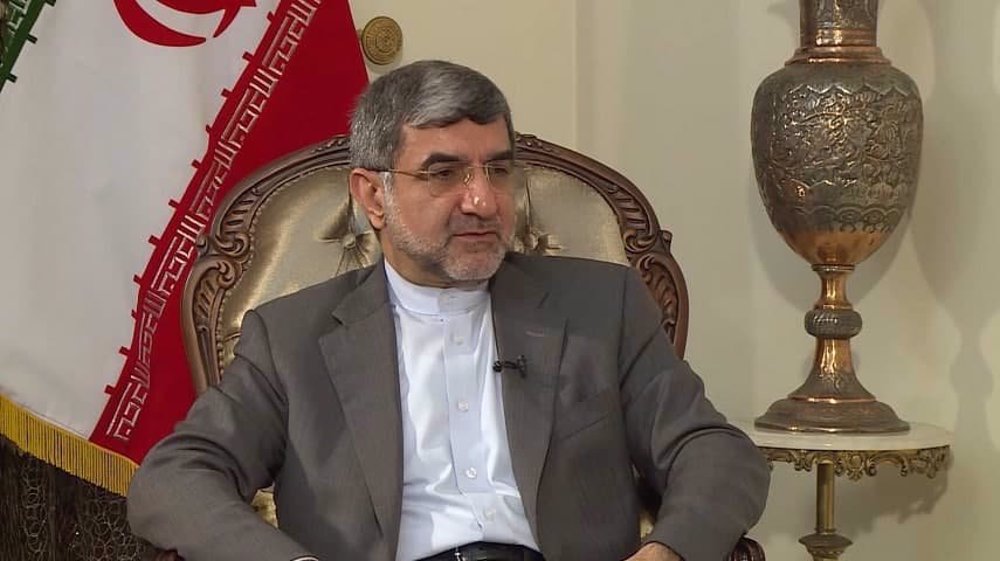
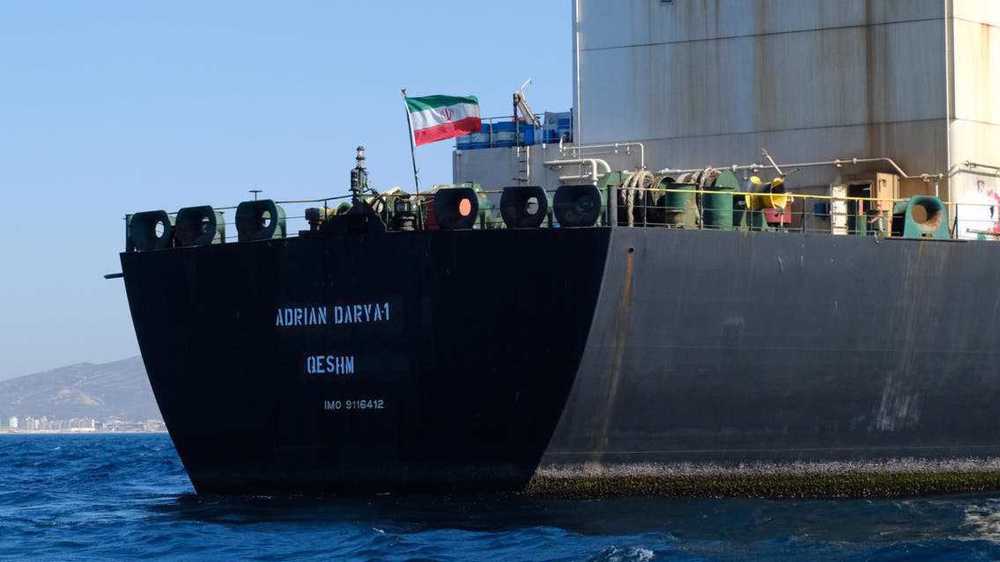
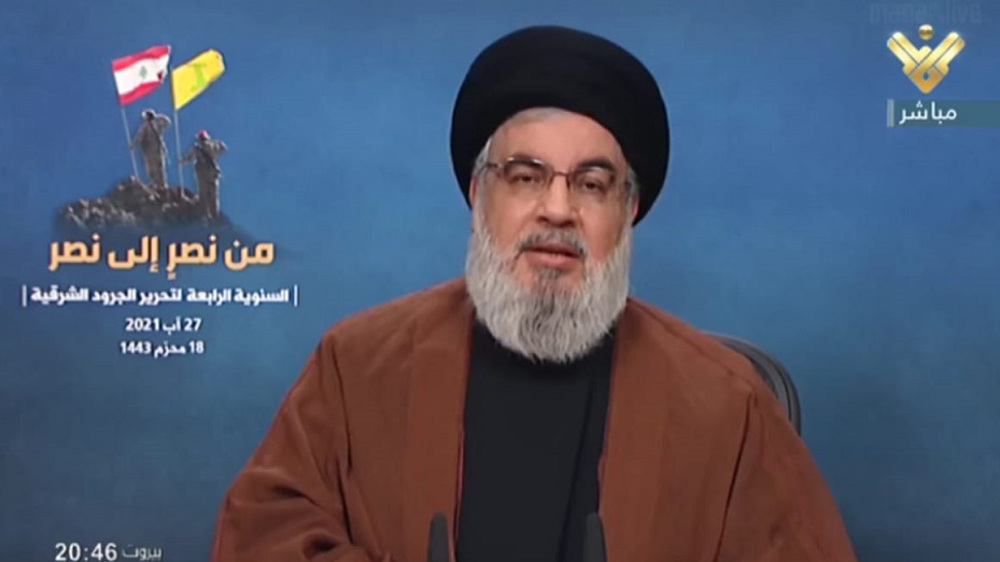
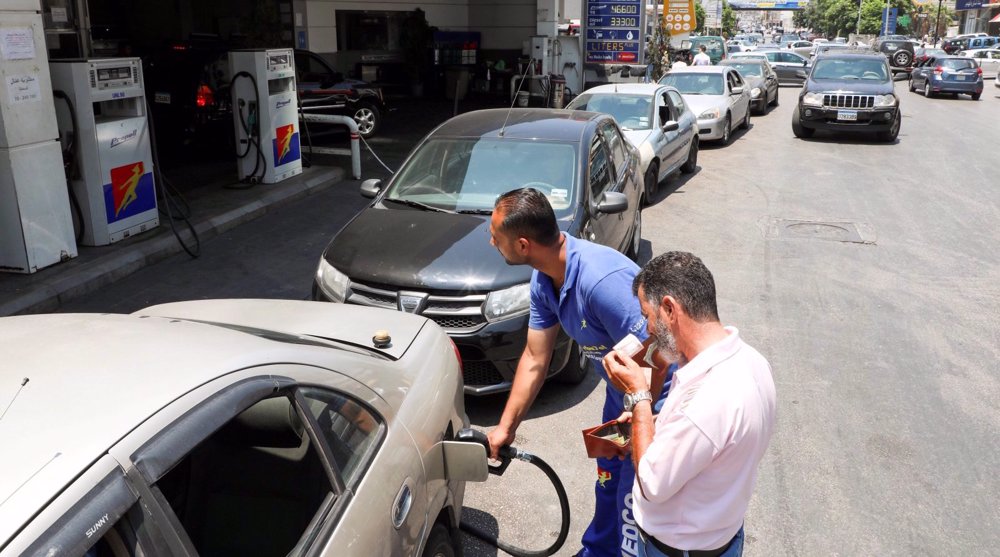

 This makes it easy to access the Press TV website
This makes it easy to access the Press TV website